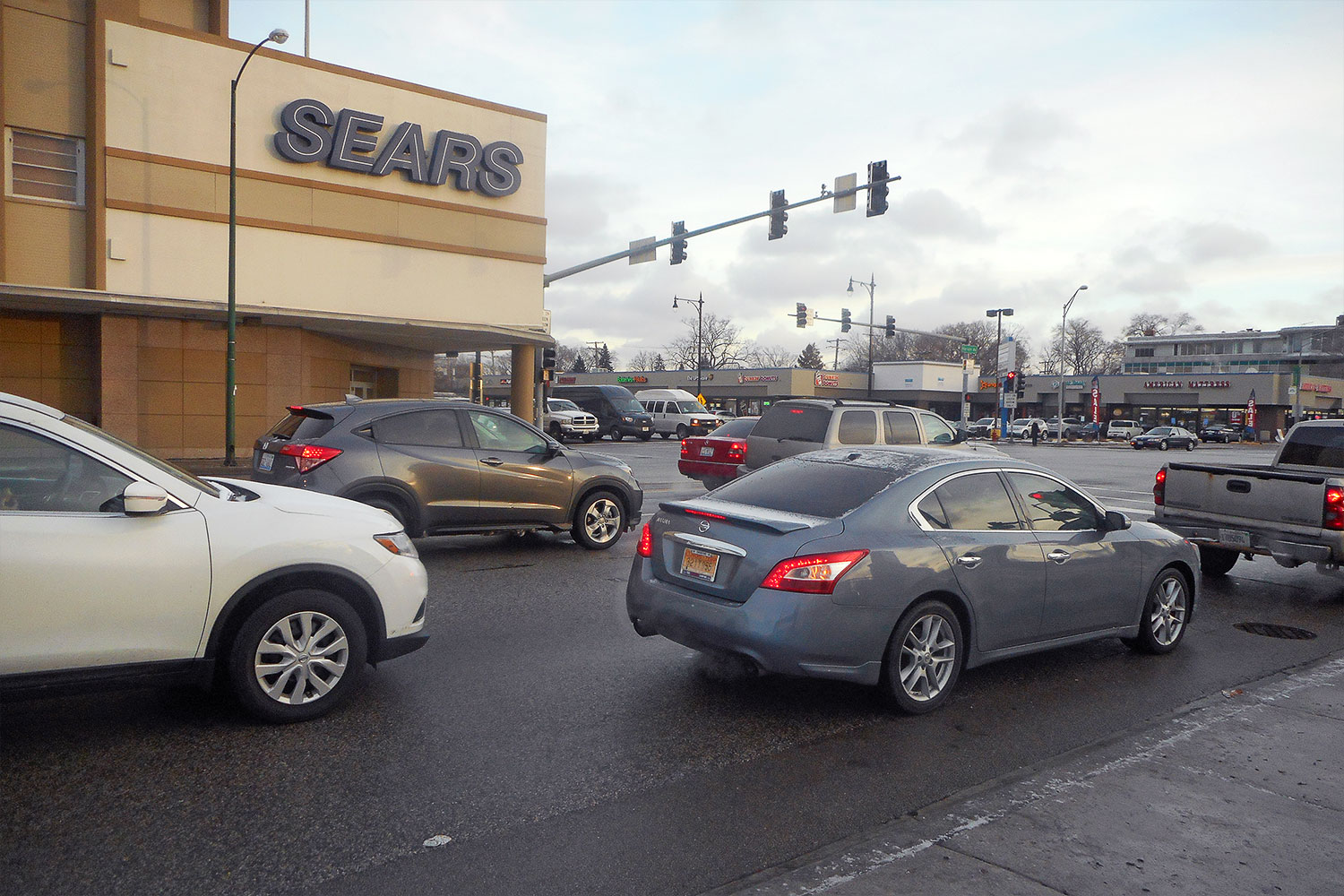1. Sued, Found Unfit and a Friend Mysteriously Shot—a Chicago Cop’s Rocky Record
He’s been found mentally unfit twice; arrested twice; sued six times; and been the subject of internal investigations more than two dozen times, in 13 years. Now an old incident is in the spotlight. The Tribune looks into the case of Patrick Kelly.
2. South Shore Is Chicago’s Eviction Capital
And one of the city’s largest landlords is a primary driver. The Reader runs the numbers.
3. It’s Been One Year Since Mayor Emanuel Put a “Down Payment” on Police Reform
But the returns are mixed. Chicago magazine and City Bureau check up on the promises.
4. The Rise of the Smart City
Chicago’s been a leader in collecting and using data on how the city works, but it’s not alone. The Wall Street Journal surveys the phenomenon.
5. ACA Repeal: What Illinois Stands to Lose
It’s frustrated a lot of insurance-exchange users, but it does many things that go deep into the industry. And if it goes away, it will have serious repercussions. The Daily Line goes deep into the details.
6. The University of Chicago Worries About a Lack of Competition
Its influential economists have long championed big business firms. Now firms are getting so big they’re starting to worry about monopoly power. The Economist follows what’s changed.
7. A Day with Chaz Ortiz
He’s Chicago’s “first and only celebrity skater,” but it comes naturally to the 22-year-old. Jenkem tags along.
8. Its Survival in Doubt, Sears Struggles to Transform Once Again
It was the Amazon of its day. Now it doesn’t even have an identity. NPR looks at its past and future.
9. Chicago Faces a New Lawsuit over Cop Accused of Framing 51 People
44-year-old Armando Serrano was released last year after serving 23 years for a murder he didn’t commit. And he’s filed suit against the retired detective who worked his case. Buzzfeed updates its investigation.
10. CPS Wants Students to Plan for the Future. It Could Backfire.
They’ll need a post-graduation plan in order to get a diploma. But experts worry it could push students into expensive, ineffective for-profit schools if they aren’t given guidance. Chicago magazine explores the possibilities.



